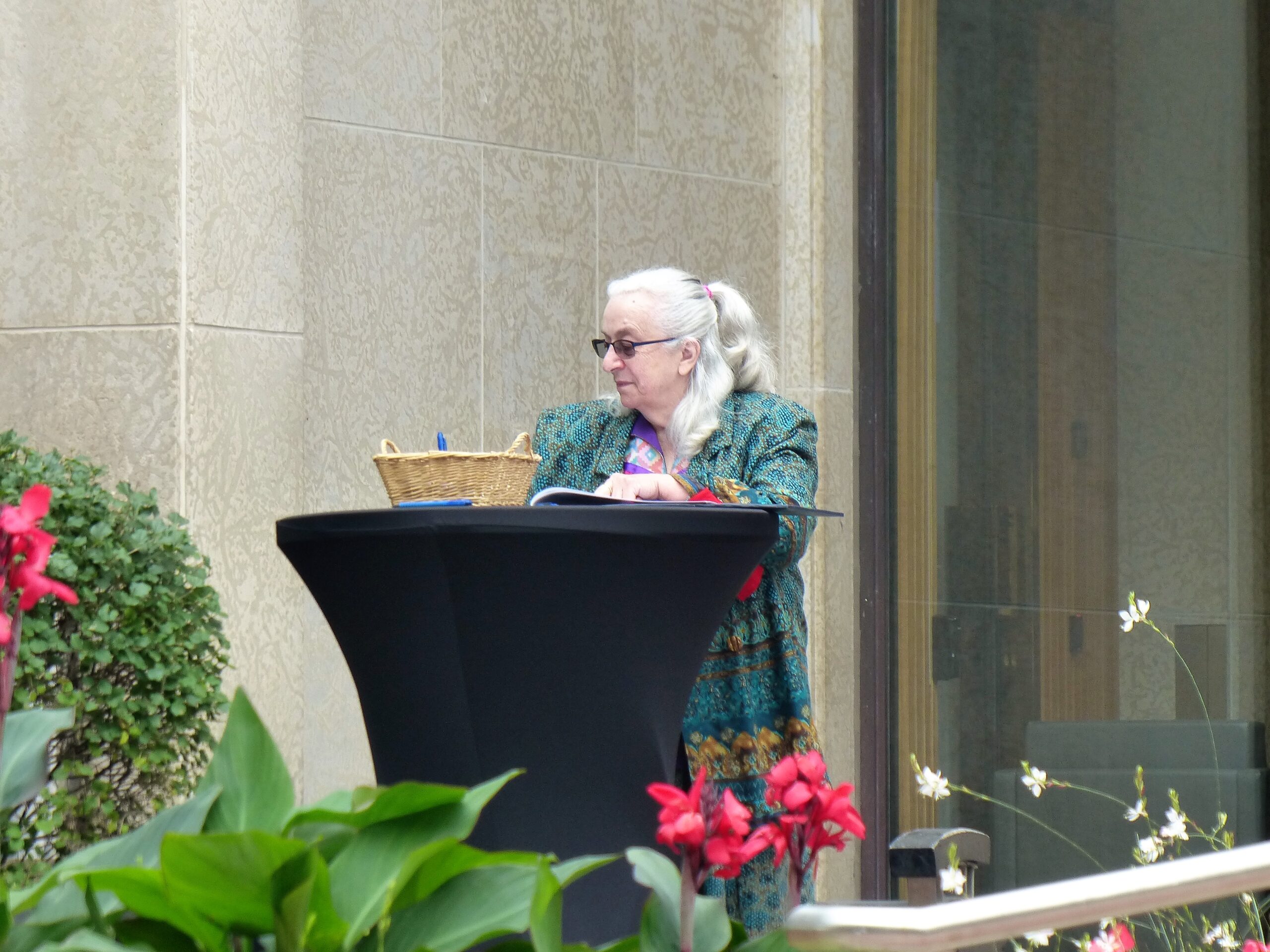We’ve been receiving some questions about the Share the Gifts-Honour the Treaties (STG-HTT) Reparations Fund from groups and individuals considering reparations. Here’s some responses to some of those questions based on where we are currently at the beginning of 2022.
What is the current process for distribution of the STG-HTT Reparations fund?
Currently this process is still under discernment. STG-HTT is able to securely receive financial reparation contributions. As our Financial Reparations page notes, the “Distribution of the ‘Reparations Fund’ through Share the Gifts will be determined by Indigenous peoples, and we are consulting Elders and Indigenous community members on an ongoing basis to establish this process. According to wisdom shared with us by Elders at our last gathering, we are taking our time with this as it is important for this fund to be set up in a good way, with consideration of our relationships with money and with each other.” While the current pandemic has slowed this process somewhat, the Keepers of the Circle continue to actively engage in this discernment.
One of the key conundrums in this process is how to both release our control (as Settlers) over the outcome, while also ensuring the process itself unfolds according to a thorough relational practice that is in line with our identified values. Recognizing that there is a significant range of differing Indigenous perspectives, how do we create a decision-making process that is controlled by Indigenous people and communities without getting hooked into one particular interest group or a particular ideology?
Through continuous conversations, we feel confident this is a right question to ask, even if there aren’t clear answers. We know that as Settlers seeking to be allies, we may easily get hooked into one particular group, which is understandable as we are relational beings. We tend to build from those relationships we already carry. Also, Settler culture wants specificity, often in hierarchical ways. We want to know who is the one in authority with whom to make a definitive agreement. So we seek that type of response from those from whom we gather feedback. Unfortunately, this may not be the best approach, or even possible. In the diversity of Indigenous communities there are many different interests, sometimes leading to tensions among the various Indigenous organizations, political affiliations, and interest groups. We have been advised by Elders to not get too quickly tied to any one of these voices.
We need, collaboratively, to explore how such a decision-making process can best be done. We have been immensely grateful for the Indigenous knowledge keepers who already have offered much wisdom and guidance! And we have identified that we need to broaden our consultation process. However, that too presents challenges when, during the pandemic for example, not all can be gathered safely into one space to enable us to listen and learn. Finally, while it’s possible to survey many Indigenous Elders and stakeholders, there remains the question of who interprets the ideas and wisdom offered, without reintroducing our own colonial assumptions.
Of course, we know we can’t wait until we have the perfect answer before acting! We seek to do this discernment, visioning and building to the best of our ability. Yet we know this is an experimental process. We need to start with one discerned model and see where it leads, in order to eventually get to where we want to be. We anticipate that we will make some mistakes and learn from these experiences. We take seriously that the overall vision is for right relations, both because it is good practice, and because STG-HTT wants to create the best possible process for those entrusting their reparation contribution through the fund.
We are all new at reconciliation! The injustices of colonialism are not new. Yet we have only had the Truth and Reconciliation Calls to Action for six years and the Calls for Justice of the National Inquiry into Missing and Murdered Indigenous Women and Girls,for two. Conversations about reparations are just beginning to become more widespread. We are learning from others, but we have never done this before. That is why we are taking more time for broader consultation.
Given this status, should I/we be giving to STG-HTT reparations fund right now?
We continue to invite contributions towards reparations. These can be held (at your request) for distribution through the Indigenous-identified process being established.
At the same time, funds are also needed for honorariums for Indigenous knowledge keepers and for the consultation processes needed to enable our discernment. So, reparation contributions towards these special expenses also are welcome. In one sense, creating a reconciliation-based organization is itself a form of reparation. Former Chair of the Truth and Reconciliation Commission, Murray Sinclair noted that reconciliation will take at least seven generations. We recognize that we are the first, and so must do our part for future generations to build upon. If you contribute to STG-HTT now, you are contributing to activating and “actioning” decolonization for the future.
Is the STG-HTT reparations fund a better option than giving directly to an Indigenous led service organization? Or another fund?
That’s up to your own discernment. There are many Indigenous-led organizations needing support right now. Supporting them is both important and tangible. Even if you decide not to direct your reparations to the STG-HTT reparations fund, we can still support you to identify opportunities that work for you and your community.
We know that STG-HTT is going into uncomfortable territory! Making reparation through us currently entails an element of risk by giving up a degree of control and knowledge about where and how your money will be distributed. This element of intentionally laying aside Settler control over shared resources—to give without ‘strings-attached’—is part of what makes STG-HTT a unique initiative. If you are willing to push into that territory and seek broader change through the kind of examination of culture and society that we are attempting, we welcome your contribution and collaboration.
Will I receive a charitable tax receipt for the contribution?
As an incorporated body, STG-HTT is able to securely receive (and hold in trust, if that is your wish) all financial reparation contributions. However, we do not hold charitable status at this time so cannot issue a “charitable contribution” tax receipt.
We understand that this may be an important consideration for some. At the same time, it may also be worth reflecting on the role of reparations in contrast to charitable giving. Charity may have an important role, particularly in cases of responding to immediate needs. However, often an assumption behind charitable giving is that our choice to give is an act of goodness above and beyond expectations—that we are giving from our excess wealth to those ‘less fortunate’ than ourselves. Reparations, on the other hand, are about holding ourselves accountable for our part in the structures of violence that affect Indigenous peoples through settler colonialism and cultural genocide—similar to how we hold accountable those who’ve caused harm by committing a crime. Our motivation for making reparation need not be “guilt”. However, making reparation may be understood less as giving of a “gift” for which recognition and gratitude might follow, and more as a courageous step towards righting these historical harms and inequity.


 What ‘Gifts’ are you talking about?
What ‘Gifts’ are you talking about?
Leave a Reply